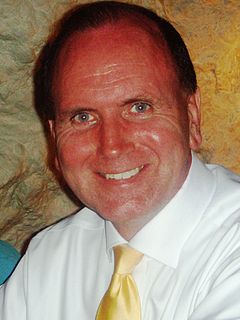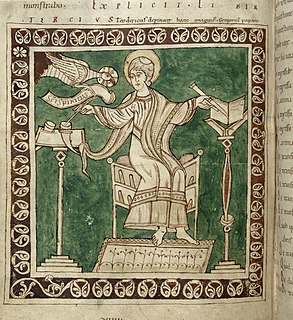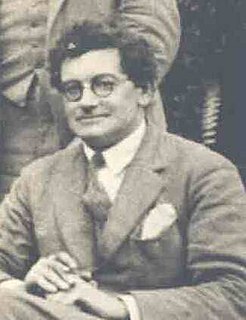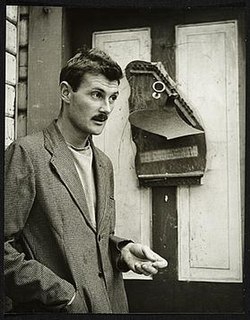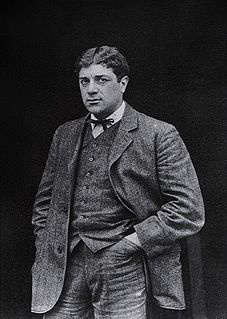A Quote by Franz Kafka
Picasso only registers the deformities which have not yet penetrated our consciousness. Art is a mirror which goes 'fast' like a watch - sometimes.
Related Quotes
In the field of consciousness research-and also in physics and astronomy-we are breaking past the cause-and-effect, mechanistic way of interpreting things. In the biological sciences, there is a vitalism coming in that goes much further toward positing a common universal consciousness of which our brain is simply an organ. Consciousness does not come from the brain. The brain is an organ of consciousness. It focuses consciousness and pulls it in and directs it through a time and space field. But the antecedent of that is the universal consciousness of which we are all just a part.
Our business is to wake up. We have to find ways in which to detect the whole of reality in the one illusory part which our self-centered consciousness permits us to see. We must not live thoughtlessly, taking our illusion for the complete reality, but at the same time we must not live too thoughtfully in the sense of trying to escape from the dream state. We must be continuously on watch for ways in which we may enlarge our consciousness.
What strikes me is the fact that in our society, art has become something which is related only to objects and not to individuals, or to life. That art is something which is specialized or which is done by experts who are artists. But couldn't everyone's life become a work of art? Why should the lamp or the house be an art object, but not our life?
It is certain that the real function of art is to increase our self-consciousness; to make us more aware of what we are, and therefore of what the universe in which we live really is. And since mathematics, in its own way, also performs this function, it is not only aesthetically charming but profoundly significant. It is an art, and a great art.
The artists of Asia have spiritually realized form, rather than aesthetically invented or imitated form, and from them I have learned that art and nature are mind's Environment within which we can detect the essence of man's Being and Purpose, and from which we can draw clues to guide our journey from partial consciousness to full consciousness.
The whole Renaissance tradition is antipethic to me. The hard-and-fast rules of perspective which it succeeded in imposing on art were a ghastly mistake which it has taken four centuries to redress; Cezanne and after him Picasso and myself can take a lot of credit for this. Scientific perspective forces the objects in a picture to disappear away from the beholder instead of bringing them within his reach as painting should.
I lean over you, your equal, offering you a mirror for your perfect nothingness, for your shadows which are neither light nor absence of light, for this void which contemplates. To all that which you are, and, for our language, are not, I add a consciousness. I make you experience your supreme identity as a relationship, I name you and define you. You become a delicious passivity.
The whole drift of my education goes to persuade me that the world of our present consciousness is only one out of many worlds of consciousness that exist, and that those other worlds must contain experiences which have a meaning for our life also; and that although in the main their experiences and those of this world keep discrete, yet the two become continuous at certain points, and higher energies filter in.





